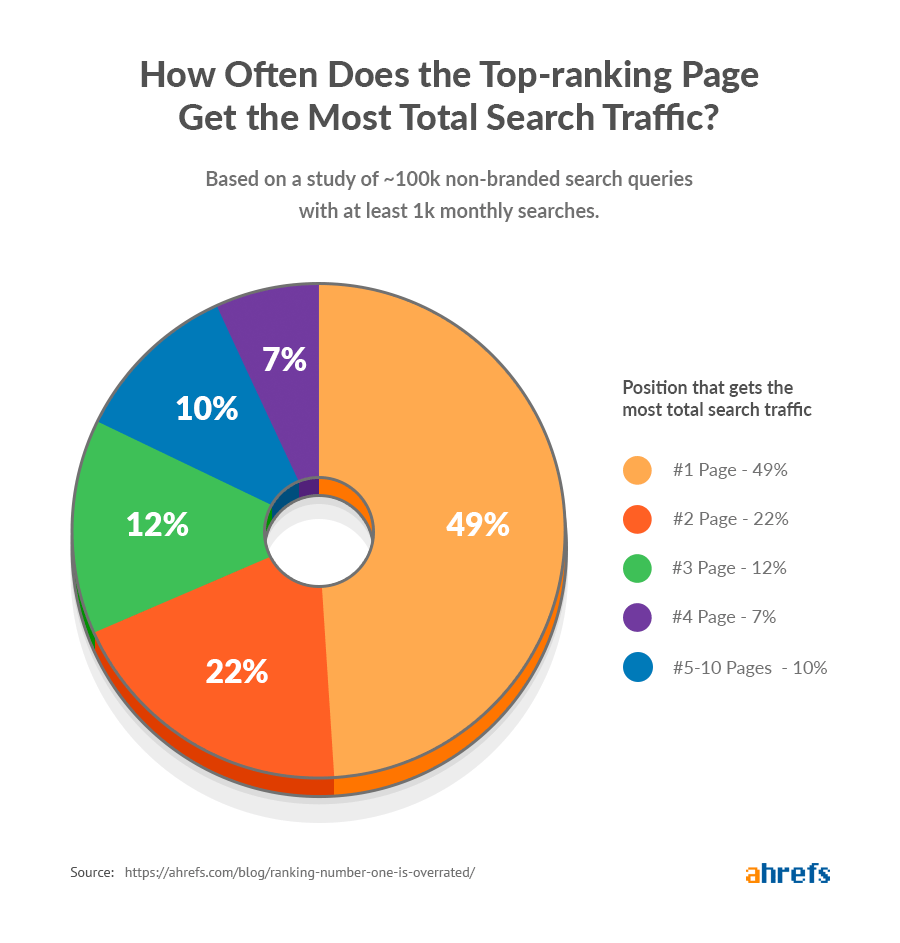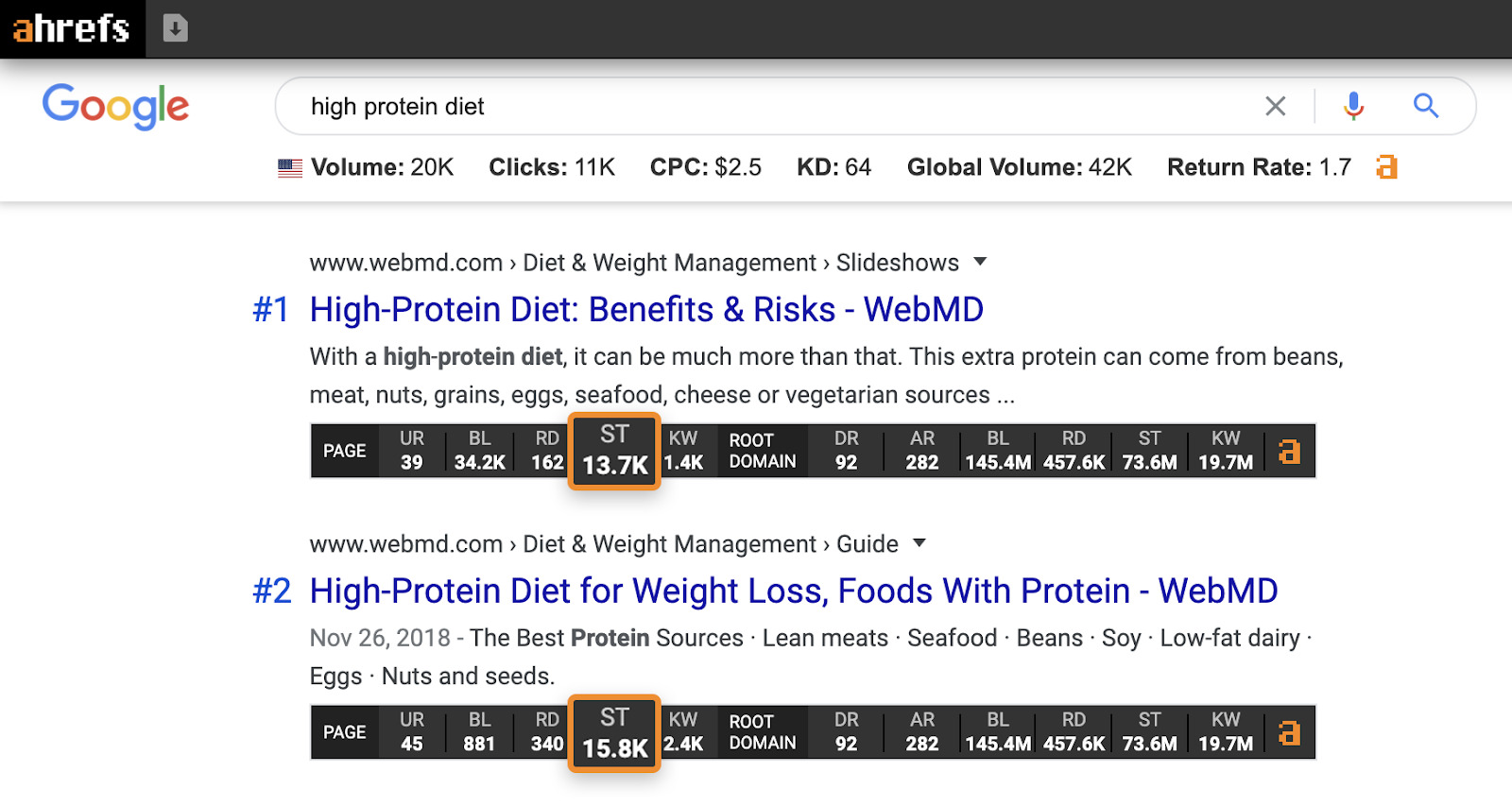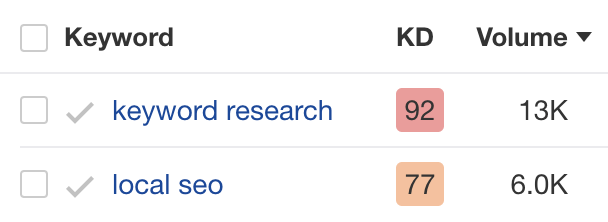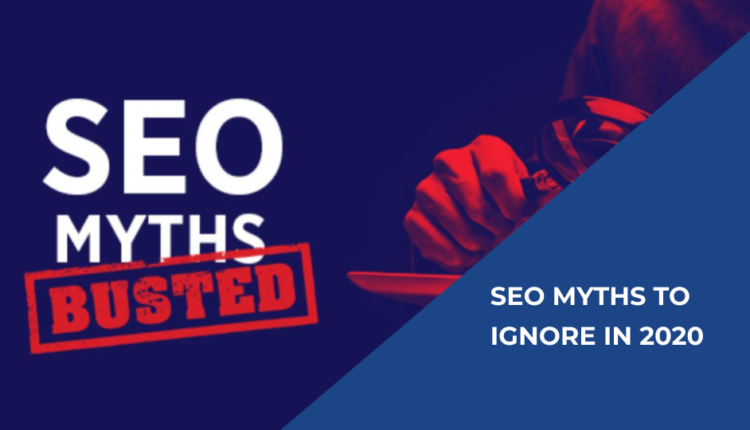Search Engine Optimization is an ongoing process that requires webmasters to stay alert and educate themselves constantly. This is partly because of the number of emerging search engines such as Social Media Search like Facebook. But mostly, we have established search engines like Google that literally change their algorithm a few times a day. And marketers need to keep up with that.
As a result, there are so many checklists of SEO best practices to follow or to double-check. Unfortunately, many times we also encounter a lot of SEO myths that do more harm than good. So, in today’s article, we will look at the 10 most common SEO myths to ignore in 2020 and why.
Let’s dive in!
1. You only need DoFollow tags for your backlinks.
Do Follow and No Follow tags show Google which backlinks to “trace” back to you, and both tags influence your ranking on search engines. Simply put, Google ignores backlinks with NoFollow tags, so low authority or untrustworthy sites are not dragging your ranking down.

High authority websites such as The Guardian or Medium, send trust signals to Google. Your website seems more authentic and relevant and the rankings can increase too. Similarly, low authority or bad sites send bad signals to Google. Therefore your site and your content suffer, and you lose ranking points.
2. Thinking that you don’t need to optimize your website for mobile
One of the biggest failures is when webmasters don’t bother to optimize their website for mobile. However, starting with July 2019, mobile-first indexing became the standard for Google’s crawlers.
In other words, when your website is indexed, the bots use something called a smartphone agent by default. If the agent finds your website unresponsive on mobile devices, it will affect your ranking. Even worse, if your mobile version is incomplete or shows different content than your desktop version, you risk not getting indexed at all. So make sure you build your website for a mobile version.
3. Thinking that SEO is all about the rankings
Even though everyone wants to rank as number one on Google search, it doesn’t mean that they always get the most traffic. A study of 100.000 search queries shows that the top-ranking pages only get 49% of search traffic.

The answer to the question why is because most pages attract traffic from more than just one keyword. For instance, by looking at the top-ranking pages for “high protein diet” the page in the second position gets more traffic than the one in first. And this is simply because the “second best” page ranks for more keywords with high search demand.

This clearly shows that it is time to stop focusing on first-place rankings and work on attracting more traffic, instead. And you can do that through more depth content, building more backlinks to boost page-level authority, and finally nail Search Intent.
4. Thinking that the more pages, the better the site
This is another myth that people follow thinking if a website has more pages it will receive more traffic. Truth is that Google and other search engines are more intelligent nowadays and prefer quality over quantity.
In 2011, Google released a Panda update, which focuses exactly on the quality of content. So, instead of randomly creating pages just for the sake of it, focus your energy on creating good, informational content, improve your on-page and off-page SEO, and, of course, build good backlinks.
5. Investing in ads to improve SEO
If your wish is to just appear on top of Google search results, paying for Google Ads or Bing Ads campaigns is the easiest way to do it. But that is Search Engine Marketing (SEM), not Search Engine Optimization (SEO). So, it won’t directly benefit your organic SEO results in any shape or form. In fact, chances are that once you stop the campaign, your more-or-less back to square one.
However, one way that does help is increasing your website’s traffic through good SEO – relevant content, good keywords, good backlinks, responsive and fast website, etc.. More traffic will lead to increased brand awareness and a higher chance of your organic search listings being clicked on. Just like a snowball effect.
6. Having more backlinks is better for SEO
Having a large number of backlinks on your website doesn’t necessarily mean you have better SEO. In fact, too many backlinks can be seen as a red flag leading to penalties. What matters here is the quality of the backlink.
Focusing too much on volume could mean that you are not relevant for your audience and eventually be seen as spam. One high-quality backlink could drive prospects to your website which are already interested in you and your business, thus leading to potential new clients and higher revenues.
7. Thinking that your website will get penalized for similar content
Some time ago, duplicated content on your website used to affect its ranking due to the Panda algorithm. Today everyone focuses on the site’s quality rather than manual actions. Google has improved its systems because it now filters out similar content automatically.
Simply put, if both you and a site B publish the same article, the one lucky enough to be indexed first will rank for that content. The other one is not penalized per se, but their content will not rank.
So, while you won’t lose ranking points for duplicate content, it is recommended that you create your own unique, high-quality content. Also, if you plan to re-publish your content on other sites, like Medium, for example, wait a month or so. This way you will make sure your site ranks for your content, and then you can re-use it risk-free.
8. Thinking that social media doesn’t help with ranking
In 2014, Matt Cutts said in a video that Google does not take social signals as a ranking factor. While that is true when it comes to backlinks, social media is highlight valuable for visibility and exposure of your brand and website. As a result, this type of exposure can gather authority, better rankings, and trust eventually.
However, social media posts are not helping indirectly boost your ranking on search engines. In fact, it is your social media efforts, not the channel itself that creates trust between your users and your brand. As a result, there is a possibility you get more backlinks from other sites. There is also a possibility or organic traffic from users interested in your offering.
So, does social media help with your search engine rank? Yes, but only if used properly.
9. Long-tail keywords are easier to rank higher
Some might think that long-tail keywords are made up of many words, however, this isn’t entirely true. They are queries with most likely low individual search volumes. Even if long-tail keywords get very few monthly searchers they are usually not easier to get ranked for than some famous counterparts. Let’s look at the keyword difficulty scores for some keywords:

Even if there is a difference in search volumes, the scores are almost the same. The reason for this is because a low-volume query is what we like to call “supporting long-tail keywords”. In short, it is not a famous way of searching for popular topics, but the competition is there nevertheless.
10. Thinking that page speed doesn’t matter.
Google made it public ever since 2010 that page speed is a ranking factor. So page speed matters for Google. But, more importantly, it matters for your users. In fact, the average consumer expects a page to load in two seconds or less. Anything more than that and your chances of losing them grow exponentially. So, take the time and optimize your page loading speed. In the long run, it will help you attract new users and retain existing ones.
Conclusion
Are there a lot of rules to keep track of and follow for SEO to obtain better rankings? Yes. Is it worth it? Absolutely. But more importantly, search engine optimization is not just for increasing your ranks and pushing you up the search engine result page. SEO is created for your users’ benefit, which is also why the rules are changing so fast.
The more users’ behavior changes, the more we also have to adapt. So, avoid falling for SEO myths like the ones presented in this article. Instead, focus on good practices, stay alert, and educate yourself. Your users will appreciate you from it and your organic traffic and your high rankings will follow. Good luck!

Comments are closed.